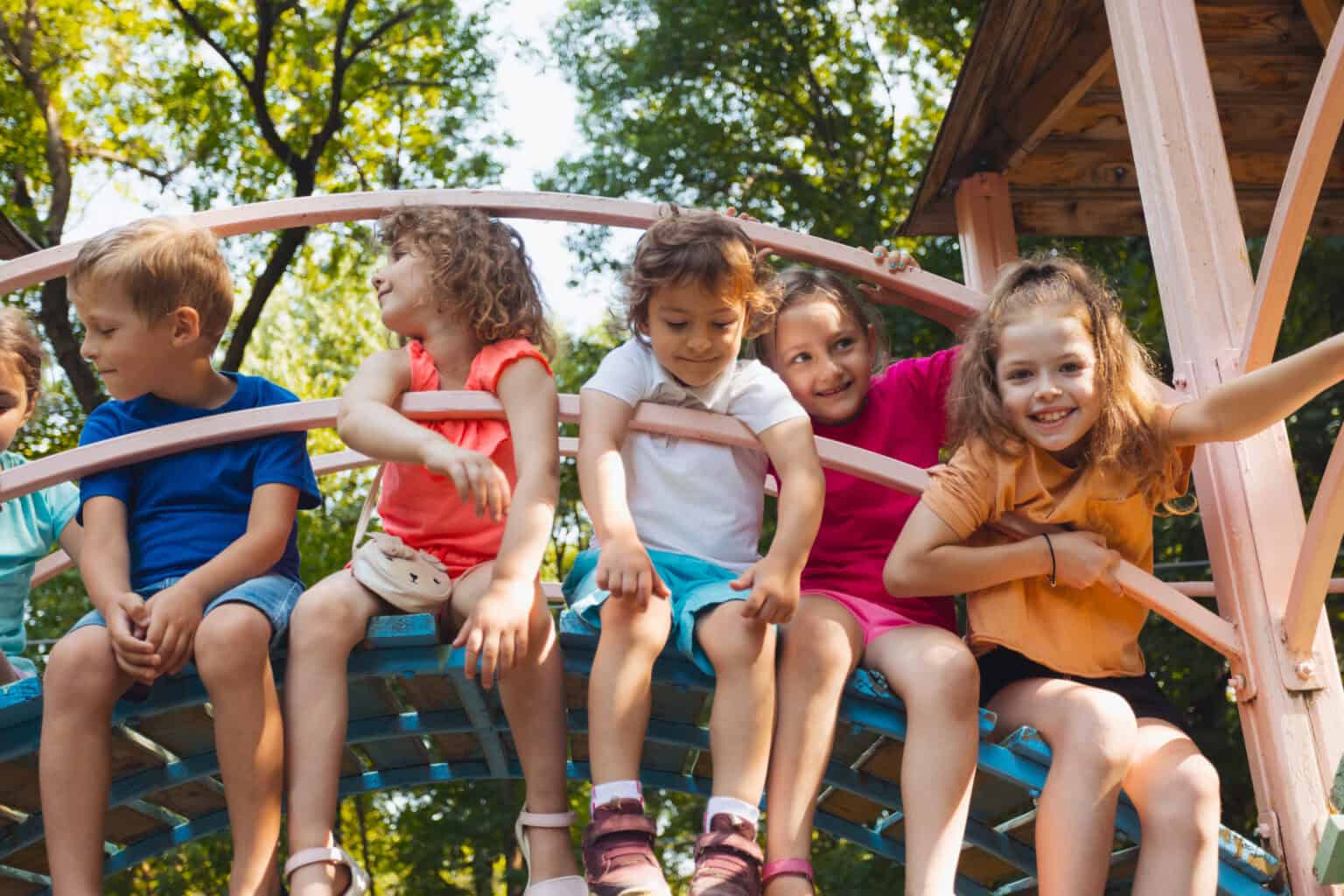The world is changing rapidly. Serious issues are affecting our children, and our future.
These big issues are ours to solve!
Camp Education International invites you to help take responsibility for solving them. If you are an educator, youth development professional, camp professional, coach, parent, or anyone who wants to build a better world and help children today develop into healthy, resilient adults, join our organization now and help us tackle what's in front of us all - solving for the concerns and challenges our children face right now, worldwide.


Building Lifelong habits for Physical Health
Combat childhood obesity, myopia, and sedentary lifestyles through active outdoor experiences and reduced screen time.

Strengthen Mental Health
Reduce anxiety, depression, and loneliness through outdoor challenges, mindfulness activities, and meaningful peer connections.

Fostering Healthy Social Connections
Build empathy, teamwork, and conflict resolution skills while creating inclusive spaces that combat bullying and isolation.

Enriching Learning Beyond the Classroom
Bridge learning gaps and reduce test pressure through creative, experiential learning opportunities and accessible programming.

Preparing Students for College Success
Develop essential soft skills, self-management abilities, and confidence needed to navigate college life and admissions successfully.

Addressing Fear for the Future
Camp transforms fear about the future into confidence through hands-on leadership opportunities and meaningful goal-setting experiences.

Affirming Individual Identity
Create affirming spaces for self-expression and acceptance while addressing body image, cultural identity, and conformity pressures.

Strengthening Community Connection and Purpose
Rebuild belonging and civic engagement through service projects, mentorship opportunities, and team-based collaborative activities.

Help Break Device Addiction
Camp helps youth break free from excessive screen time through engaging offline activities that foster real connections.

Address Demographic Pressure
Camp strengthens family bonds and celebrates community through multi-generational programs that showcase the joys of nurturing relationships and inspire confidence in family life.
Join CEI's global network of youth development innovators
As a founding member, you'll receive proven curriculum, professional training, and ongoing support from a collaborative community committed to advancing Camp Education worldwide.
